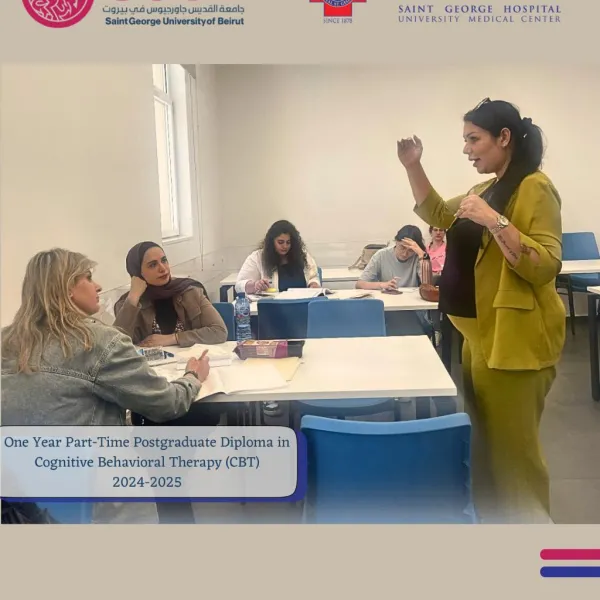Worldwide use of mental health services for anxiety, mood, and substance disorders: Results from 17 countries in the WHO World Mental Health (WMH) Surveys
Abstract
Background
Mental Disorders are leading causes of Disability Worldwide, including in low- and middle-income Countries least able to bear such burdens. To begin understanding and improving their treatment, we describe mental health care in 17 Countries of the WHO World Mental Health (WMH) Survey Initiative.
Methods
Face-to-face household surveys were conducted among 84,848 community adult respondents in low- or middle- (Colombia, Lebanon, Mexico, Nigeria, China, South Africa, Ukraine) and high-income Countries (Belgium, France, Germany, Israel, Italy, Japan, Netherlands, New Zealand, United States). 12-month DSM-IV Disorders, their severity, and mental health service use were assessed with the WMH Composite International Diagnostic Interview.
Findings
Respondents using any 12-month mental health services (57 [1.6%; Nigeria] to 1477 [17.9%; US]) was generally lower in less-developed than developed countries and tended to track with countries’ percentages of GDP spent on health care. Although disorder seriousness was related to service use, only 5 (11.0%; China) to 46 (62.1%; Belgium) of severe cases received any care in the prior year. General medical sectors were the largest sources of mental health services. Among respondents initiating treatments, 152 (70.2%; Germany) to 129 (94.5%; Italy) received any follow-up care and 1 (10.4%; Nigeria) to 113 (42.3%; France) received treatments meeting minimal standards for adequacy. Being male, married, less-educated, and in the extremes of age or income were associated with under-treatment.
Interpretation
Unmet needs for mental health treatment are pervasive and especially dire in less-developed countries. Alleviating these unmet needs will require expansion and optimal allocation of treatment resources. The Lancet, 370(9590), 841-850.
To obtain complete access to the article, please send an email to idraac@idraac.org, in which you specify your position and the reason for your request.



